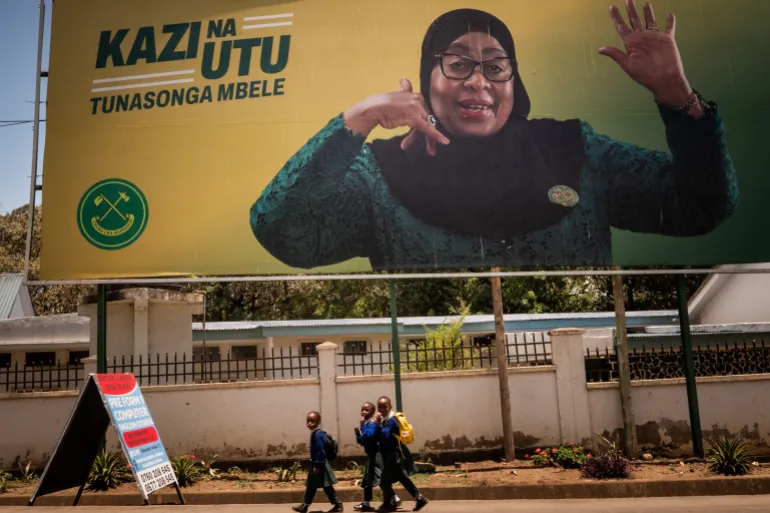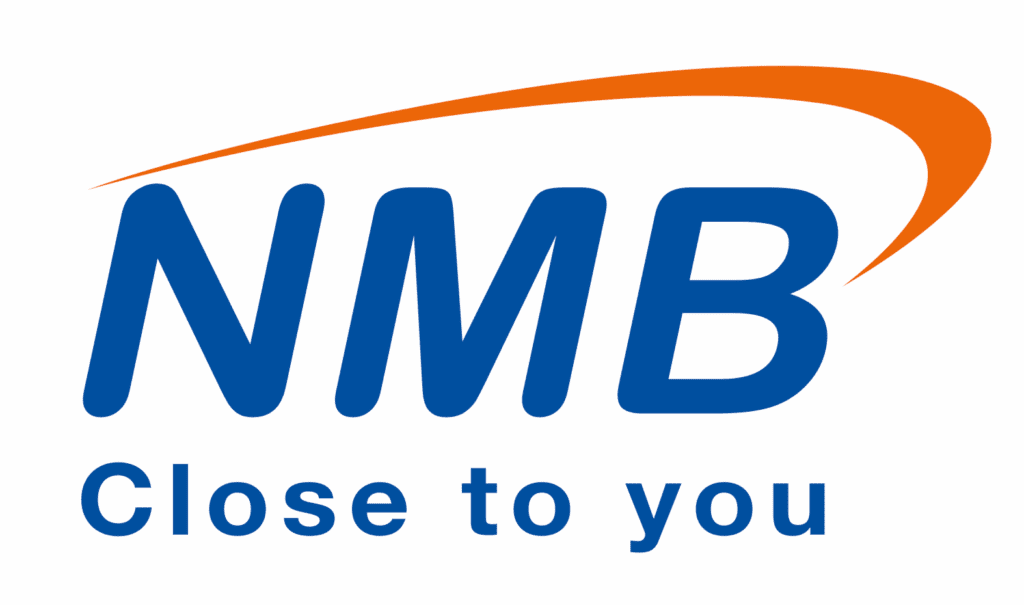Polls open in Tanzania’s election as key opponents barred | Elections News
President Samia Suluhu Hassan is expected to win the election as the two main opposition parties have been barred from taking part.
Polls have opened in Tanzania for presidential and parliamentary elections being held without the leading opposition party, as the government has been violently cracking down on dissent ahead of the vote.
More than 37 million registered voters will cast their ballots from 7am local time (4:00 GMT) until 4pm (13:00 GMT). The election commission says it will announce the results within three days of election day.
Recommended Stories
list of 3 itemsend of list
President Samia Suluhu Hassan, 65, is expected to win after candidates from the two leading opposition parties were barred from standing.
The leader of Tanzania’s main opposition party, Chadema’s Tundu Lissu, is on trial for treason, charges he denies. The electoral commission disqualified Chadema in April after it refused to sign an electoral code of conduct.
The commission also disqualified Luhaga Mpina, the candidate for the second largest opposition party, ACT-Wazalendo, after an objection from the attorney general, leaving only candidates from minor parties taking on Hassan.
In addition to the presidential election, voters will choose members of the country’s 400-seat parliament and a president and politicians in the semiautonomous Zanzibar archipelago.
Hassan’s governing party Chama Cha Mapinduzi (CCM), whose predecessor party led the struggle for independence for mainland Tanzania in the 1950s, has dominated national politics since its founding in 1977.
Hassan, one of just two female heads of state in Africa, won plaudits after coming to power in 2021 for easing repression of political opponents and censorship that proliferated under her predecessor, John Magufuli, who died in office.
But in the last two years, rights campaigners and opposition candidates have accused the government of unexplained abductions of its critics.
She maintains her government is committed to respecting human rights and last year ordered an investigation into the reports of abductions. No official findings have been made public.

Stifling opposition
UN human rights experts have called on Hassan’s government to immediately stop the enforced disappearance of political opponents, human rights defenders and journalists “as a tool of repression in the electoral context”.
They said more than 200 cases of enforced disappearance had been recorded in Tanzania since 2019.
A recent Amnesty International report detailed a “wave of terror” including “enforced disappearance and torture … and extrajudicial killings of opposition figures and activists”.
Human Rights Watch said “the authorities have suppressed the political opposition and critics of the ruling party, stifled the media, and failed to ensure the electoral commission’s independence”.
US crisis-monitoring group Armed Conflict Location & Event Data (ACLED) said the ruling CCM was intent on maintaining its status as the “last hegemonic liberation party in southern Africa” and avoiding the recent electoral pressures faced by counterparts in South Africa, Namibia and Zimbabwe.
In September 2024, the body of Ali Mohamed Kibao, a member of the secretariat of the opposition Chadema party, was found after two armed men forced him off a bus heading from Dar-es-Salaam to the northeastern port city of Tanga.
There are fears that even members of CCM are being targeted. Humphrey Polepole, a former CCM spokesman and ambassador to Cuba, went missing from his home this month after resigning and criticising Hassan. His family found blood stains in his home.
The Tanganyika Law Society says it has confirmed 83 abductions since Hassan came to power, with another 20 reported in recent weeks.
Protests are rare in Tanzania, in part thanks to a relatively healthy economy, which grew by 5.5 percent last year, according to the World Bank, on the back of strong agriculture, tourism and mining sectors.
Hassan has promised big infrastructure projects and universal health insurance in a bid to win over voters.

